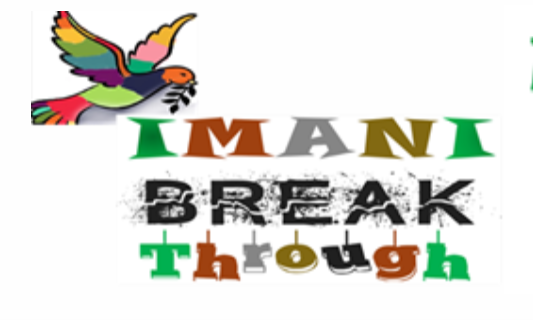A Connecticut faith-based program focusing on Black and Latinx populations provides support in recovery from opioid use disorder
Those identifying as Black and Latinx, among other people of color, face social and economic disparities which have contributed to rapid increases in opioid-related morbidity and mortality in recent years as well as reduced access to treatment for substance use disorder (SUD). Recognizing that faith-based organizations play an important role in the recovery journey for many Black and Latinx individuals, IMANI Breakthrough engages these individuals by providing recovery services in churches in four Connecticut cities (Bridgeport, Hartford, New Haven, and Waterbury). Started in 2017, the program addresses the social determinants of health (SDOH) associated with vulnerability to opioid addiction and connects participants to harm reduction services and treatment programs offering evidence-based medications, such as buprenorphine and methadone.
The main components are a 12-week culturally competent course of recovery education classes facilitated by trained church staff and recovery coaches, and another 10 weeks of follow-up meetings and wraparound coaching aimed at helping participants reintegrate into the community. Instruction is based on eight dimensions of wellness - social, spiritual, financial, physical, emotional, occupational, environmental, and intellectual - and five areas related to SDOH: social and community connection, healthcare, economic security, neighborhood and environment, and education. Participants need not be abstinent from illicit drugs but are encouraged to enter treatment, or if in treatment, they are supported in their recovery by connecting with community resources. A news story describes the importance of group dynamics in the program, and an evaluation suggests it is effective in attracting participants and providing services essential to recovery.
Another culturally competent group-based program highlighted by the Brandeis Opioid Resource Connector, but focused on preventing substance use among Native American youth, is the Intertribal Talking Circle.
A program tailored to Black and Latinx individuals that uses a faith-based approach to connect people with opioid addiction to harm reduction services and evidence-based medications.









